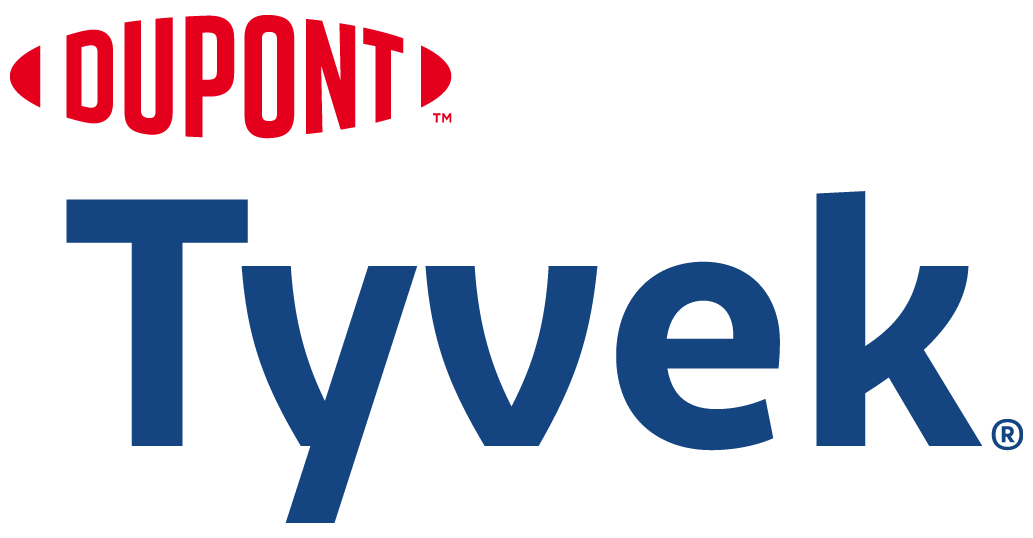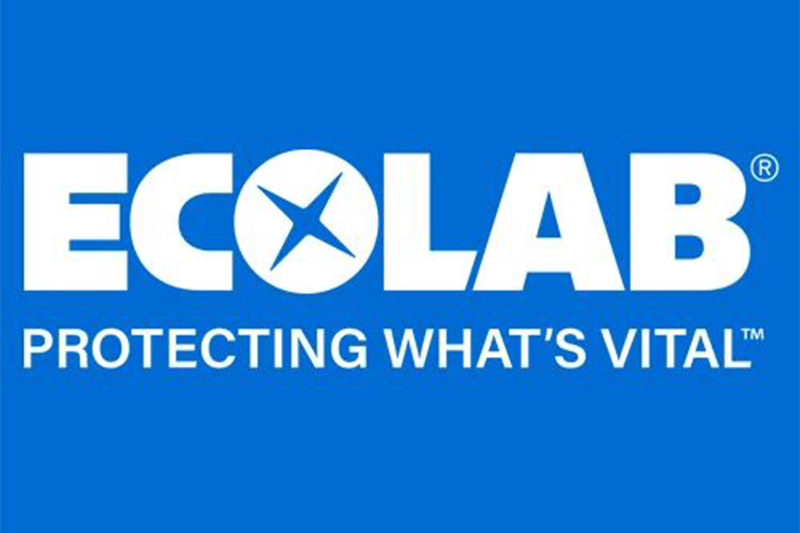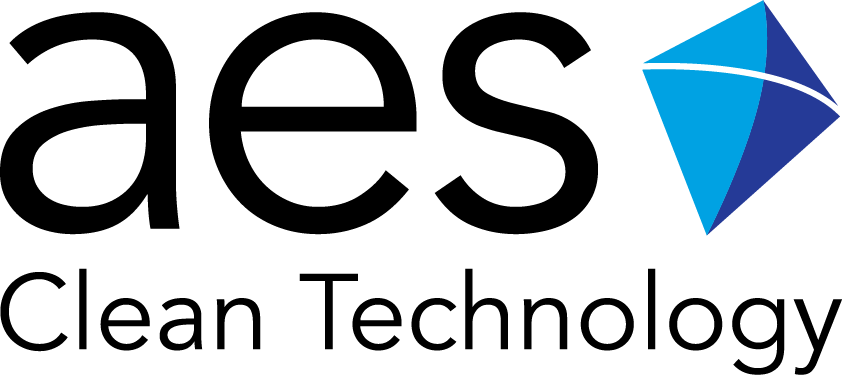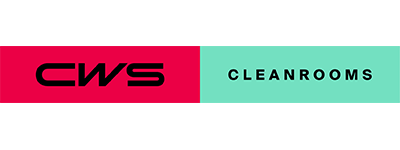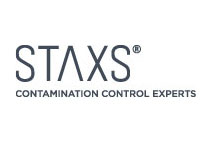Looking back on the stories that made headlines in 2019, one can tell the cleanroom is a dynamic and resilient industry. This review focuses on key mergers and acquisitions announced in 2019 by companies in core cleanroom businesses and aims to draw a picture of what lies ahead on the business front.
Controversial as it was at the time, Ecolab’s acquisition of cleaning solutions provider Holchem, remains uncertain. The UK’s Competition and Markets Authority blocked the deal between the two companies as it deemed the merger will create a new organisation with a market share of 40-50%, much greater than any of the remaining competitors.
The CMA has decided that Ecolab must sell off Holchem to prevent potential price rises or a lower quality of service as a result of their merger. The case was still open at the time of going to press.
The change of ownership at AES Clean Technology, however, turned out well. The US-based cleanroom builder was acquired by private investment group WFJS. Following the acquisition, AES not only expanded its staff, but it also opened an office in California, joining the company’s operations in Montgomeryville, (Pennsylvania), and Suwanee (Georgia).
CEO Grant Merril commented on how AES had seen growth throughout the entire western region and anticipated the Irvine office becoming a major contributor to further the expansion of the business.
Big deals
The acquisition deal between Jansen Cleanrooms and Belo Electrics is another business milestone of 2019. Part of Belgium holding group, Jansen designs and builds cleanrooms for a wide range of applications, and Belo Electrics has long been a dedicated project partner for the automation of HVAC installations and cabling in cleanroom projects. The acquisition fits in with the growing market demand, particularly in the life sciences, chemicals, biotech, and petrochemical sectors.
For Eric Vanhees, Jansen Cleanrooms COO, by the demand for high-tech cleanroom projects has grown exponentially in recent years, and to strengthen the Belgian company’s position in the growing market for ‘Design & Build’ projects, it acquired Belo Electrics in Oudsbergen.
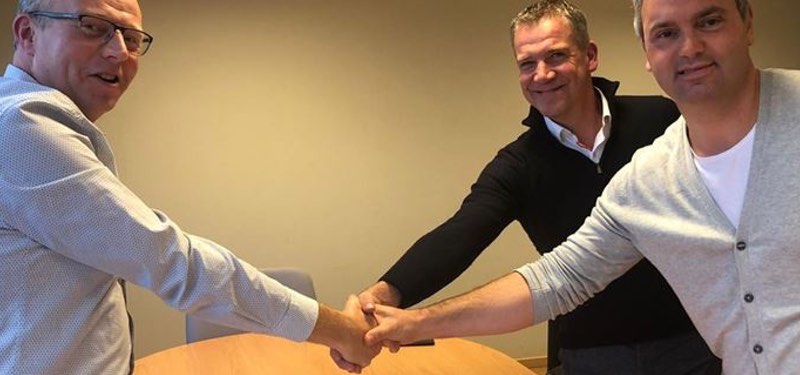
“Because we have been working together for years, we know what’s what when it comes to the automation of HVAC installations in cleanroom projects. As a result of the acquisition, Jansen Cleanrooms gains the highly skilled technical profiles needed to stay at cruising speed,” Vanhees said.
DuPont started a new era in 2019. Following the split with Dow, the company is now operating as a stand-alone company with divisions in the chemicals, pharma and nutrition, and construction and safety sectors. The latter business unit secured a deal to acquire the Ultrafiltration Membrane business from BASF, including inge GmbH.
The combination of the DuPont and BASF ultrafiltration business expands DuPont’s portfolio of water purification and separation technologies, including reverse osmosis and ion exchange resins.
CWS Group, the German solutions provider in hygiene, workwear and fire safety, also made a strategic deal in 2019: It agreed to acquire the laundry division of Dutch contamination control specialist Staxs. The company is also Benelux distribution of consumables for cleanrooms in the Life Sciences and other industries.
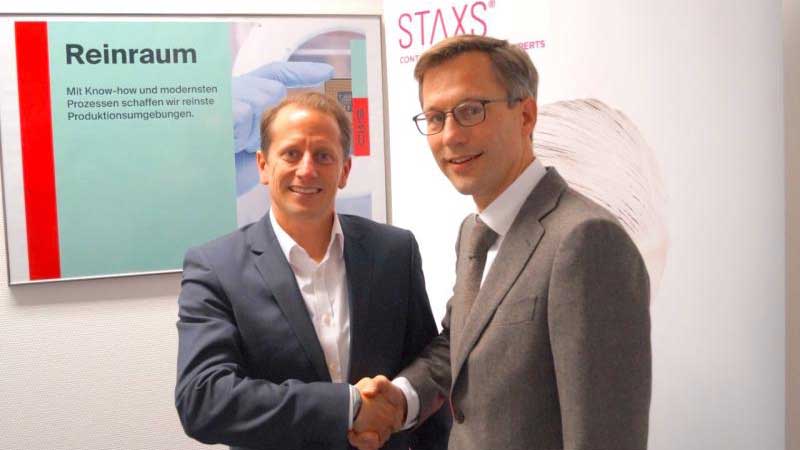
The CWS/Staxs deal incorporated all existing contracts with customers and suppliers, thereby CWS strengthened its position in the Benelux market. Commenting on the acquisition, Johan-Detlef Dubbelboer, CEO of Staxs, said: “Combining the strength of our cleanroom laundry with the platform of cleanroom laundries of CWS does give opportunities for both our companies as well as for customers. Staxs focusses fully on the consumable part of the business and its expansion throughout Europe.”
The CWS group already offers cleanroom services, from cleaning and decontamination to sterilisation process in nine countries across Europe. Markus Schad, Business Unit Director CWS Cleanrooms said Benelux is a significant growth market for the group. “Both CWS and Staxs aim for the highest standards in the market and are fully focussed on delivering solutions to customers; therefore, this acquisition is a perfect fit for CWS,” he concluded.
Equipment manufacturers
UK’s containment equipment specialist Onfab received £4 million growth capital investment from private equity investment manager Foresight to fund the acquisition of Envair, the Lancashire-based designer and manufacturer of clean air containment products.
Onfab produces flexible, clean air enclosures and consumables, designed and manufactured in-house from sites in the UK and Spain.
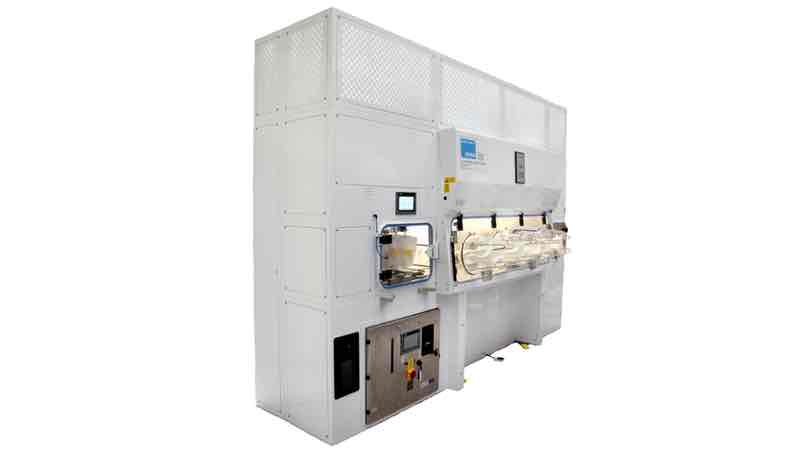
Through the acquisition, Onfab aimed to benefit from a highly complementary product and customer portfolio and become the UK provider of both rigid and flexible containment products and service, supporting customers in the healthcare, pharmaceutical and manufacturing markets.
Mark Arnold, Managing Director at Onfab, said the company had thrived as a stand-alone manufacturer of flexible containment solutions, he recognised that combining the company’s expertise with another organisation with a similar focus on customer service and quality “could exponentially accelerate our growth”.
Laboratory business
Reading Scientific Services (RSSL), the UK-based CRO with a global footprint, launched last December a sterility testing service to meet client demand and market growth.
The company said the new offering is a fast, responsive and flexible sterility testing service for pharmaceutical and medical device companies, and follows on from the opening of a state-of-the-art microbiology laboratory in Wokingham.
Hygiena, the US-based specialist in rapid microbial detection, monitoring, and identification solutions, acquired Helica BioSystems. The acquisition aimed to expand Hygiena’s portfolio to enzyme-linked immunoassays that can detect mycotoxins.
Headquartered in California, Helica supplies a full menu of mycotoxin detection tests as well as research test kits for testing inflammatory markers such as C-Reactive Protein for the pharmaceutical industry.
Cannabis market
2019 saw the consolidation of the budding cannabis business. Beyond the US, Canada and Australia, where the legalisation of its use for medical and recreational products, the market in Europe started to open up, perhaps following the success of the second edition of Cannabis Europa in London.
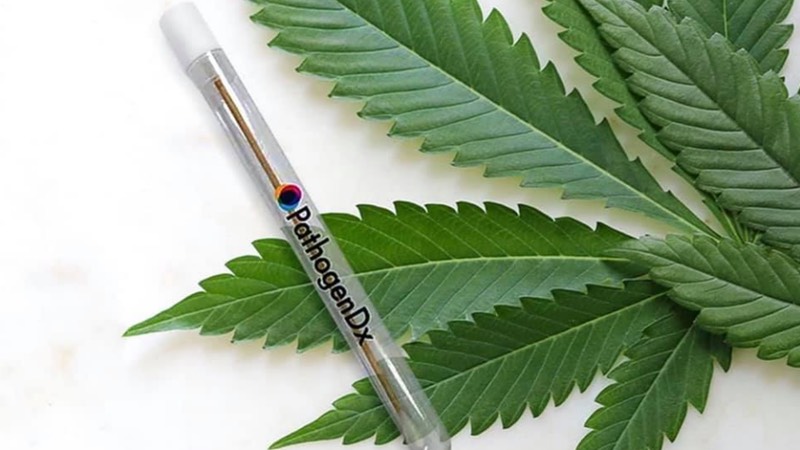
The legalisation of cannabis for medicinal purposes had pushed producers to supply chemists, physicians and patients with the newly approved drug per good manufacturing and distribution practices. Here, is where testing laboratories with specific expertise have emerged.
LexaGene, the biotechnology company developing a fully automated pathogen detection platform, is among the first to buck the trend with its DNA-based microbial detection technique. The company has been trialling its LX2, a piece of equipment that has been tested at cannabis and hemp testing labs with positive results twice as fast as traditional testing methods. “The LX2 reports results back about twice as fast as our current method, and require 95% less hands-on analyst time,” commented Dr Brianna Cassidy, Chief Science Officer at CDX Analytics following beta testing of the unit.
Cannalysis Lab in California, Cann-ID in Texas, and PathogenDx in Arizona are some of the companies operating in the US market with proprietary technology tapping into the need for cannabis, hemp and CBD testing requirements.
I’m in no doubt 2020 will continue to open new business opportunities.
N.B. This article is featured in the January 2020 issue of Cleanroom Technology. Subscribe today and get your print copy!
The latest digital edition is available online.

